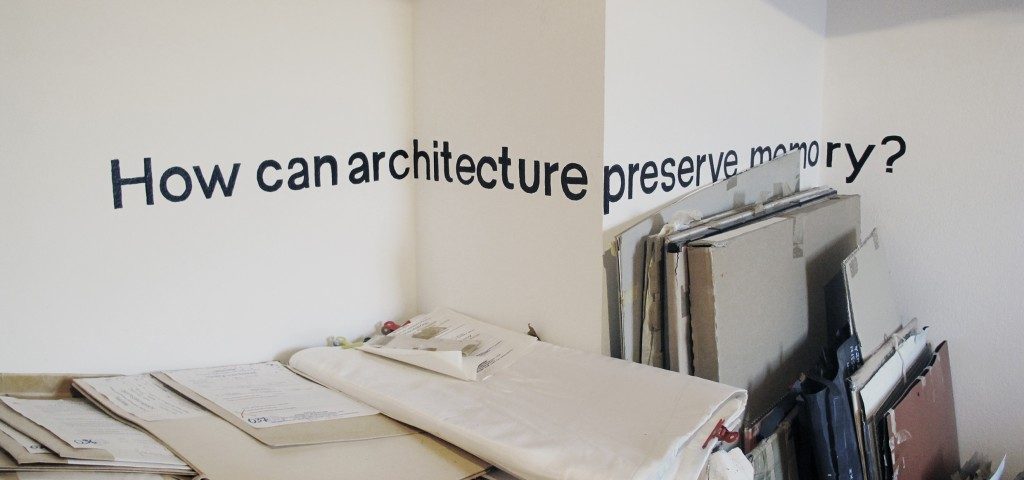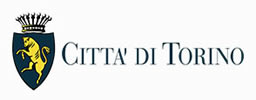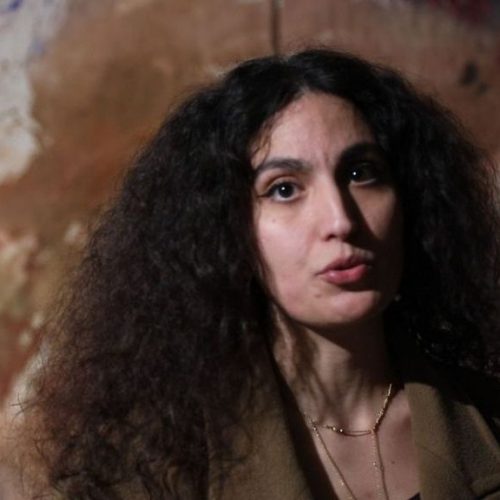
A Natural Oasis Summer School – INVITATION
13 Luglio 2016
(ITA) BJCEM a “Demanio Marittimo.KM-278” VI Edizione
19 Luglio 2016An interview to the curators of “A Natural Oasis?” project

We have interviewed the curators of the project “A Natural Oasis?” Alessandro Castiglioni and Simone Frangi about the perspectives and development of the project.
-.-.-.-.-.-.-.-.-.-.-.-
The call ended on June 1st, are you satisfied by the quality level of the received applications? What impressed you in particular and which elements led your choices?
We’re really happy, first of all, for the interest that the call raised and for the quality of the received applications. In particular we noticed the presence of academic profiles, and of indipendent researchers that have built their level of professionalism through a constant fieldwork. These references (academic, curatorial) and the presence of an accurate practice focused on specific geopolitical marginalisations, have motivated our selection.
The project will start with a summer school in Montegiardino during the month of july, and will continue with the study visits in Malta, Kosovo and Montenegro. What are your expectations about this first step in San Marino? How will the reasearch work be set?
Each participant and us will have to do the most delicate work: to create an horizontal, open and inclusive working-atmosphere, where the prospect for sense leads a community of receptive practice with regard to the contexts in question.
This working path won’t finish in 2016, but it will continue in 2017 with a presentation of the results during the next Biennale of young artists of Europe and the Mediterranean. How do you picture this moment?
We would like to create a study day and a publication that shows the work we’ve done and says something important about the relations of sense, power, cultural and creative opportunities, about the so called center-suburbs axes that characterise our Europe.
Also, for the first time in its history, BJCEM supports a biennal work of research and study about theoretical facts related to the system of contemporary art in the Mediterranean. I think that this is already a great result.
The project is mainly addressed to young curators, a very specific target. The role of the curators changed a lot in the last decades, what role could a young curator have, nowadays? Which instruments of work does he have?
The problem is not who is or what does the curator. It’s not even the function or the economic, political, executive role of this figure, a bit Ancien Régime. The whole project would like to put a questioning position in the middle, about the reality and the methodologies used to understand the development of arts and contemporary culture, the critical debate and the production of knowledge as an antidote to the generalisation of the systems of knowledge. That’s the reason of the interest in the investigation, in the widest sense, of the idea of marginalisation.
BJCEM would like to thank Alessandro Castiglioni and Simone Frangi for this interview.

